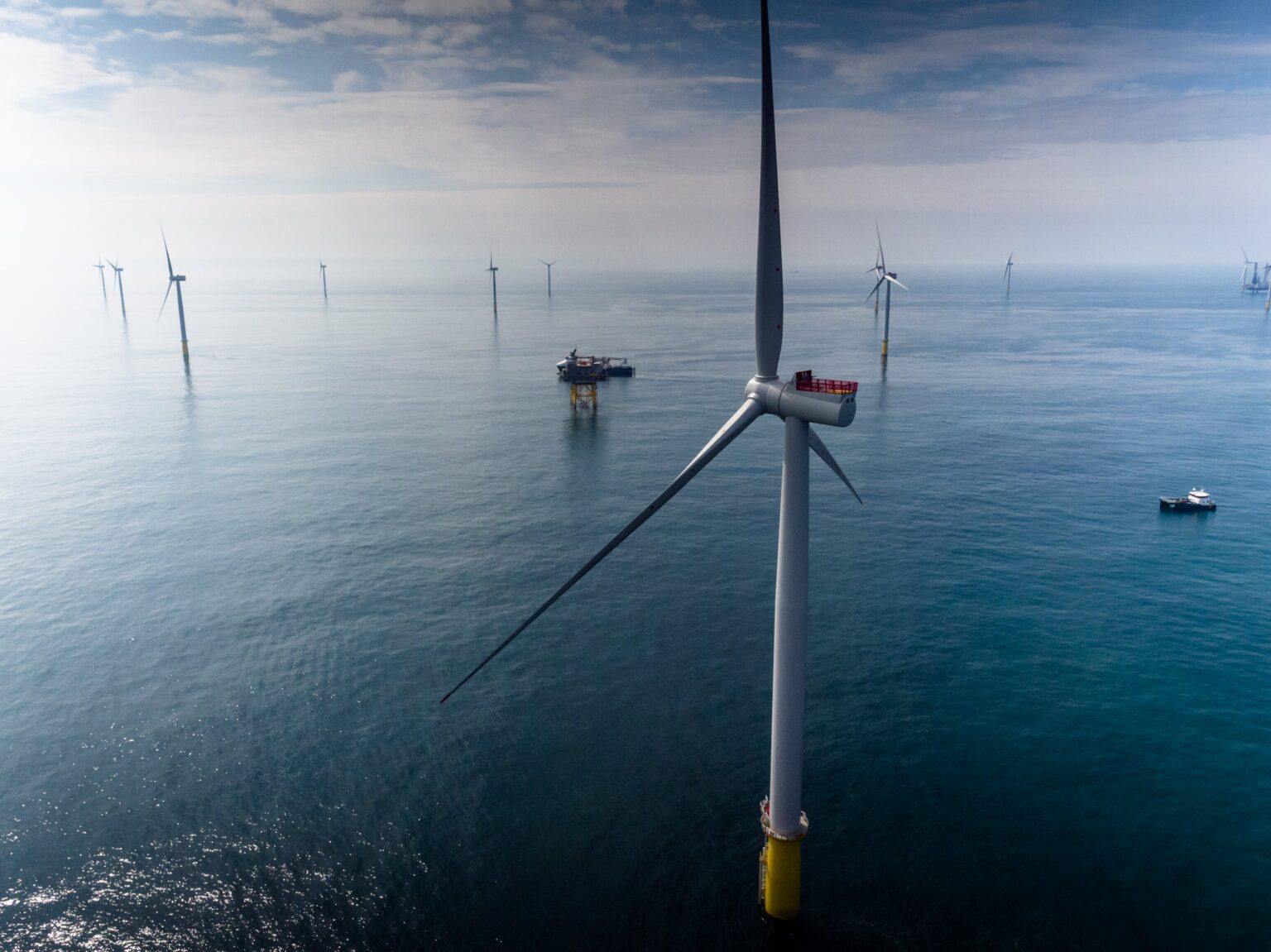Poland missed a chance to build an offshore installation port and rake in with Germany
The Association of Port Companies ZDS has warned that Germany had too few offshore wind installation ports. Berlin could use a Polish port, but it will not be built at this point due to the dispute over the National Recovery Plan with the EU.
ZDS has warned that to expand its offshore wind capacity, Germany needs more installation ports. „Much more industrial space is needed in ports that are large enough to import large wind turbines and carry out preparations for offshore development,” Angela Titzrath, president of ZDS, was quoted by the German news agency DPA. One option is the expansion of the Port of Cuxhaven in Lower Saxony, but according to ZDS, it will not do without a special act to accelerate work as in the case of five LNG terminals built by Germany to abandon gas from Russia.
Cuxhaven is located on the North Sea coast north of Bremen. Germany could use the Polish offshore installation port, which is to be built in Gdańsk, but this has not yet been decided, because it was to be financed from the National Reconstruction Plan, which still did not reach Poland due to the dispute over the rule of law. There is a risk that the Polish installation port will not contribute to the construction of offshore wind farms in the first phase of development planned for the middle of this decade. Polish companies will therefore contract ports in Denmark or Germany, where the piston is also made.
Tauron and Rafako closer to agreement
The dispute over the breakdowns at the new coal-fired unit at the Jaworzno Power Plant may end in a settlement, the terms of which were agreed by Tauron and Rafako.
„Subject to the prior agreement between Rafako and the guarantors, TAURON will receive PLN 240 million from bank guarantees for the Racibórz company correctly performing the contract for the construction of the 910 MW Unit in Jaworzno. This stems from the settlement concluded today before the General Counsel in Warsaw. On the date of entry into force of the agreement, the parties will waive each other’s claims except for those included in the agreement,” Tauron has said.
Rafako gave into service Tauron’s new coal-fired power plant in September 2022. Since then, the unit has experienced numerous failures. Tauron claimed that it was poorly built by Rafako, while Rafako accused Tauron of using the wrong coal. The claims of both parties exceeded one billion zlotys.
Moldova imports less gas from Russia thanks to Poland
Moldovans import gas from Russia only for the needs of the puppet republic Transnistria. The rest is imported from outside of Russia thanks to Energocom upping its imports.
Moldovagaz will deliver about 0.7-0.8 million cubic meters by the end of March 2023 from Russian Gazprom and 1.3-1.5 million cubic meters from Energocom from outside Russia. Russian supplies reach only the puppet Republic of Transnistria, where the GRES combined heat and power plant, which is important for the whole of Moldova, operates.
Despite this, Moldovans no longer import gas from Russia for their own needs, thanks to the work of Energocom, supported by Maciej Woźniak, an adviser to the Moldovan government, associated in Poland with PGNiG, of which he was vice-president until 2020.
Equinor and Polenergia complete Baltic seabed study for offshore purposes
Equinor and Polenergia have completed seabed surveys for the future Baltic II and Baltic III offshore wind farms. They want to build about a hundred wind turbines in the Baltic Sea.
The results of the Baltic Sea seabed survey, commissioned by Equinor and Polenergia, will be used to develop the final design of the foundations for about 100 wind turbines, two offshore power stations, a corridor for the export cable and its connection to the onshore transmission infrastructure near Ustka.
The companies will jointly implement three offshore wind farm projects in the Polish part of the Baltic Sea with a total capacity of about 3 GW. The Baltic II and Baltic III farms with a capacity of 1.44 GW, where geotechnical and geophysical studies were carried out, will be located at the level of Łeba at a distance of about 37 and 22 km from the shore.
„The final investment decision for these projects is expected in 2024 and the first electricity generation in 2027. The planned date for making a final investment decision for the third project – the Baltic I with a capacity of 1.56 GW – is set for 2026, and the start of production for 2029,” reports the Polish Press Agency (PAP).









